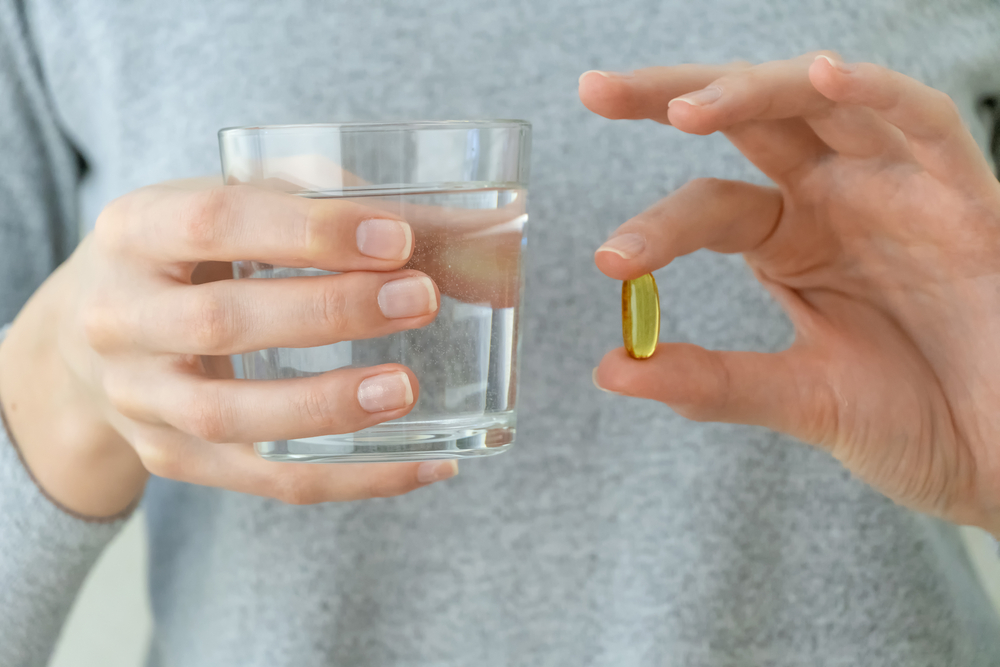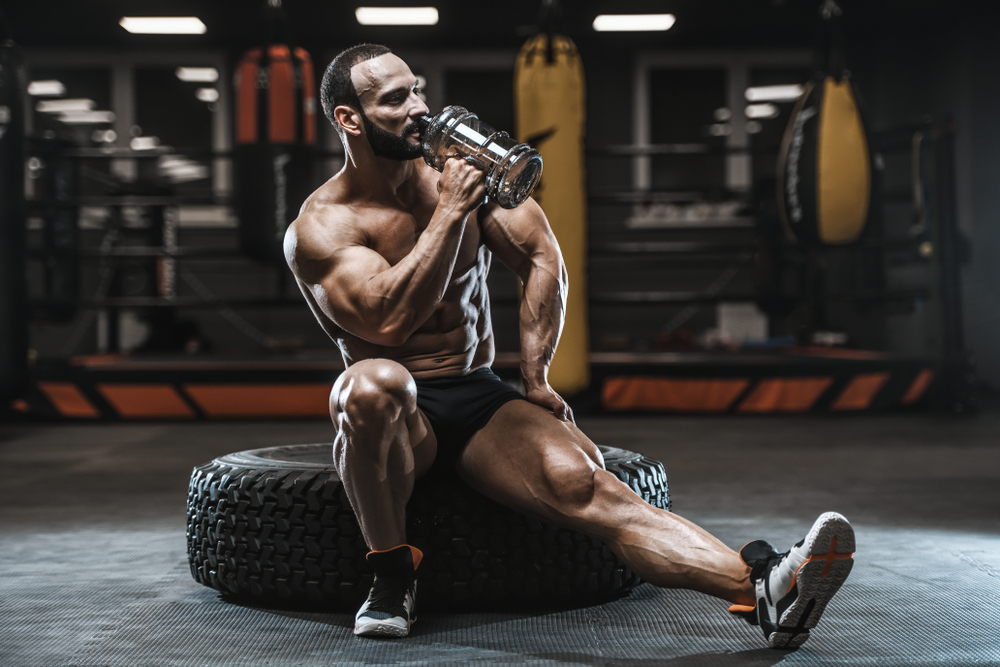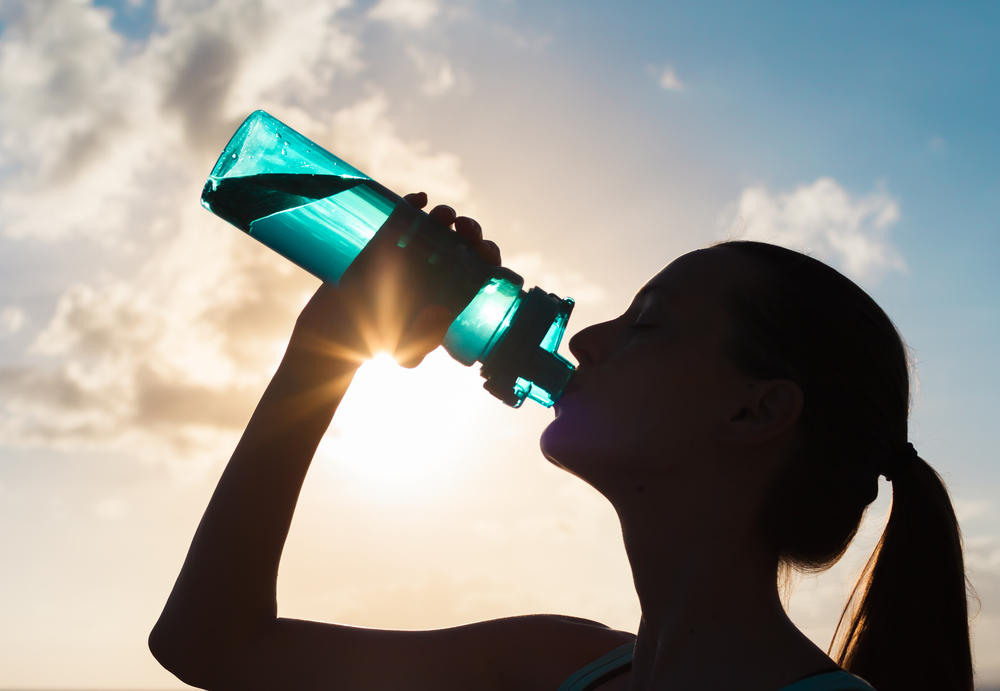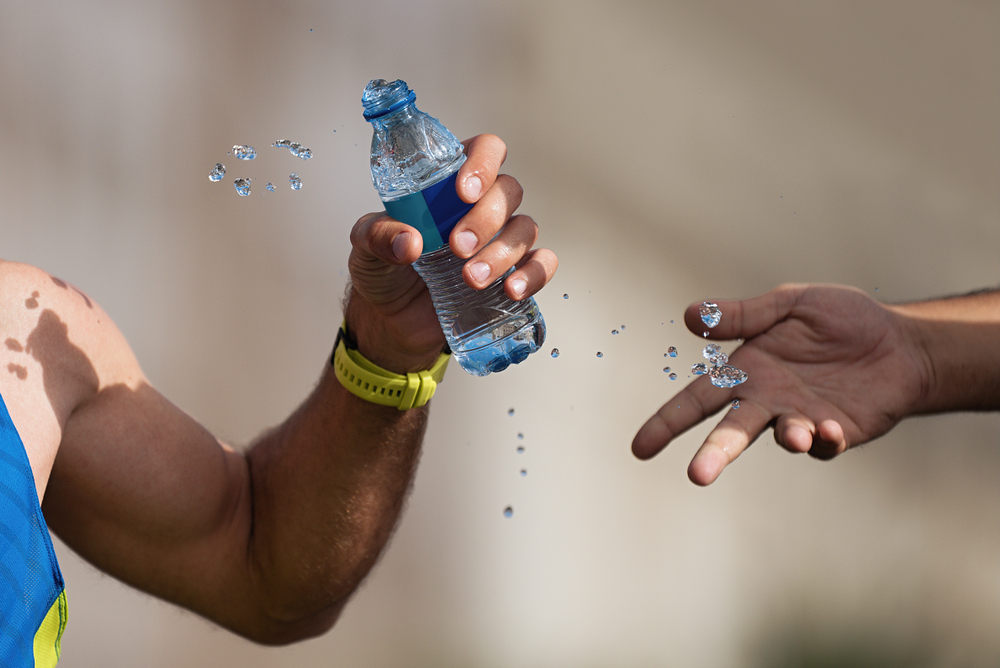Water retention presents a strong feeling of heaviness or unusual swelling in the limbs and sometimes in other parts of the body. These few tips help to combat this problem naturally. It is necessary to assist the body in combating water retention in the legs or arms.
What does water retention look like?
The question of heavy legs and swelling is frequently asked. First of all, it should be noted that water retention is not the only cause of a heavy leg sensation, but the body can store more water than it throws away.
This water retention is always shown by a swelling of the body parts, and it depends on its origin:
- An inflammation, because of a sprain for example, which disappears a little sooner after appropriate care for that.
- Poor circulation is also one of the causes of water retention, which often occurs in the feet or ankles.
- Dietary imbalance: there are many reasons. Namely excessive salt intake, lactose or gluten allergy. Water retention then manifests itself in the leg or arm.
- Hormonal imbalance: this can be due to taking the pill out of dose at menopause, or because of a hormonal test (e. g. estrogen). At this time, there may be swelling everywhere. The lymphatic system will cause the same side effects.
- Medical treatments (especially for high blood pressure) that should be seen directly with the treating physician.
You should not think that sugar, alcohol, raw vegetables or a lack of water are direct causes of water retention. On the contrary, you should drink plenty of water.
Also beware, in case of severe swelling or oedema, it is advisable to consult a doctor.
In any case, knowing the sources of water retention is important before taking the necessary precautions.
How to fight water retention naturally?
Heat is a factor that increases water retention which cannot be avoided, but there are other easy ways that may be necessary:
- Do not wear tight clothes
Water retention is more accelerated with clothing that is too close to the body. As a result, the blood does not circulate properly.
- Change diet
This is one of the first precautions to take.
- Reduce salt
Salt is present in most foods, and much more so in cold cuts, cheese and industrial products such as pizza. Yet if salt consumption is excessive, it accumulates the amount of water in the body in concentrated parts. The human body needs salt, equal to 6 grams, but people tend to consume up to 12 grams sometimes.
Eat good protein
If the blood is lacking in protein, the water brought in by the food stagnates on the concentrated parts and is not reabsorbed. This can cause swelling.
And to remedy this: you need to eat protein foods to avoid a shortage (the averages are between 55 grams and 65 grams for a man and between 45 grams and 55 grams for a woman.
It is therefore necessary to favour vegetable proteins which are generally found in wholemeal cereals, legumes such as quinoa, soya, rice, lentils, oilseeds such as almonds, walnuts, hazelnuts. . . It is also possible to drink vegetable milk.
Check for allergies caused by certain foods
Water retention can be caused by gluten or lactose intolerance. Symptoms are swelling in the hands or eyelids. Gluten can be easily found in wheat, rye or barley. . .
Lactose is generally found in milk-based products. To be reassured, avoid consuming these products for about ten days and see if this way of eating has an impact on water retention. In addition, in order to avoid a lack of nutritional intake, you should always seek medical advice before following this diet.
Massage is ideal against water retention!
Why? Massage is usually done on the arms and legs. It helps to eliminate the water that stagnates on these parts. Massage and physical exertion are important for the muscles to help the body get rid of stored water.
There are two types of massage:
-
Passive drainage
This type of massage can be performed in an institute or by a physiotherapist. It is reimbursed if the patient has oedema.
-
Active drainage
Exercising the muscles hard for good blood circulation helps to lower the rate of water retention. It is advisable to practice long-distance sports such as swimming, cycling or walking, as well as aqua-biking or also called aqua-bike which can be found in specialised centres. All the muscles of the leg should be used in a non-brutal way.
-
Lymphatic drainage
Care must be taken with lymphatic massage because to ensure the proper circulation of lymph and blood, this must be done by a professional, specifically by a physiotherapist. It is not advisable to opt for massages offered by beauty salons. It is necessary to make sure that they have the minimum skills for this kind of massage, especially for water retention.
-
Stimulate the lymph
This type of massage is done gently with the palms of the hands following the direction of the lymph flow. Positive results can be obtained after a few practices.
Water retention: should you use draining products?
Draining products are useful to help the body eliminate excess water by conducting it to the blood. The blood then redirects it to the kidneys for processing and evacuation.
There are three types of drainers:
-
Drainage products
Drainage products are balanced and natural products, which are not dangerous. Witch hazel, red vine or fragon are some of them, which can be found in the pharmacy as food supplements.
-
Aquatics
These are sets of herbs or chemicals that help increase the rate of urine flow to flush out stored water. It can be obtained without a prescription from a pharmacy.
-
Diuretics
Diuretic products work effectively but you still have to be careful. This is why they are only available in pharmacies and only with a prescription.
Diuretics can cause serious damage to the kidneys and remove the potassium that the body requires. Diuretics are prescribed especially for patients with water retention caused by heart, kidney or liver disease.




